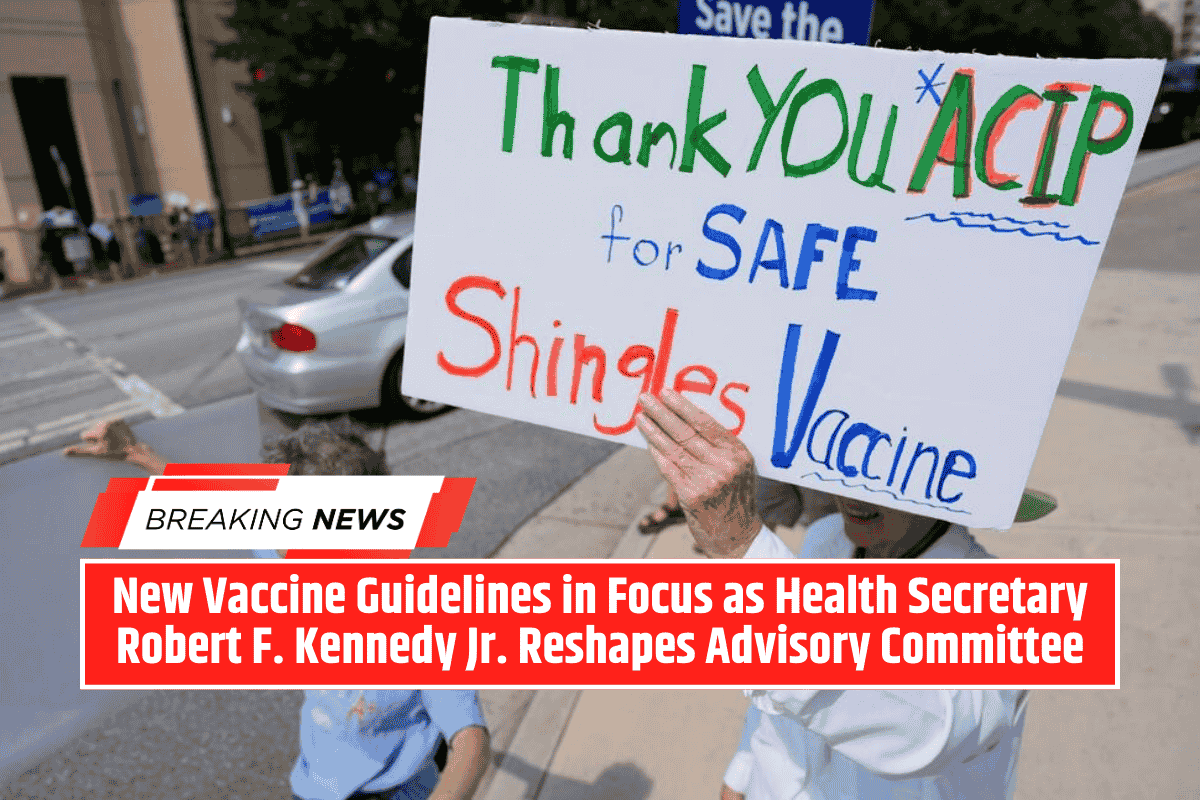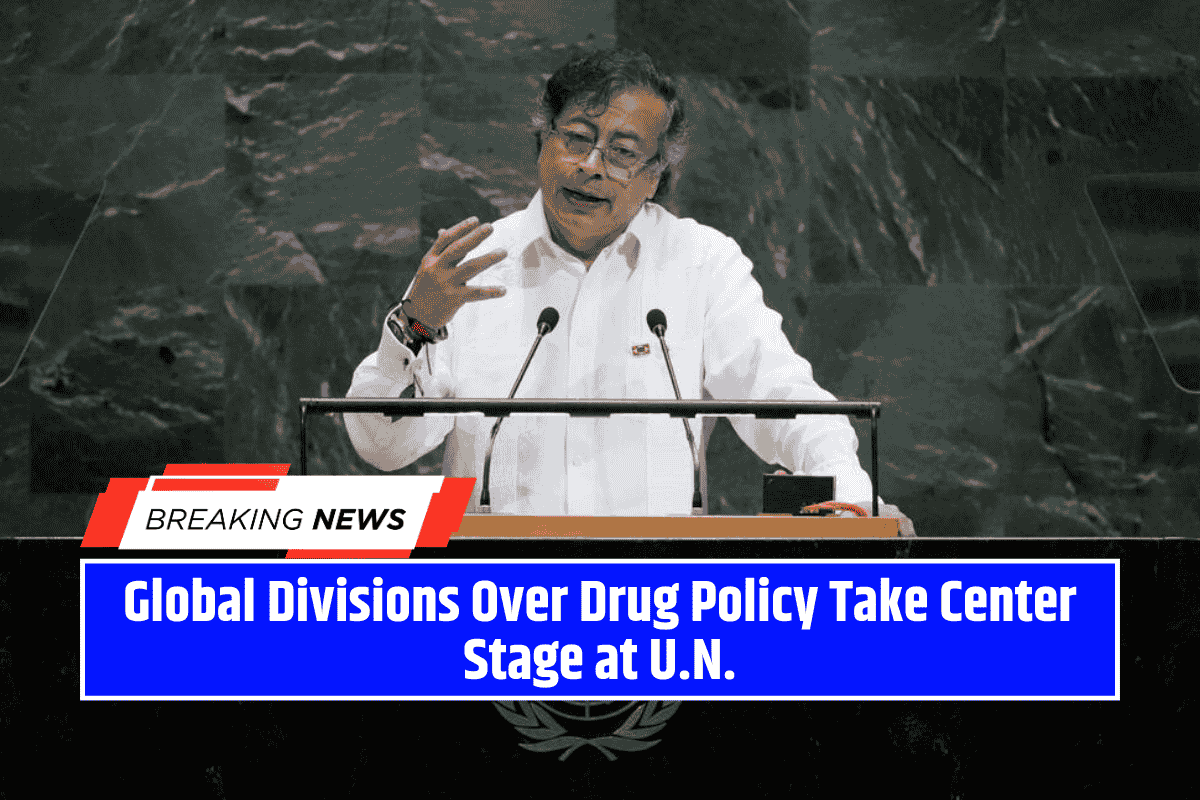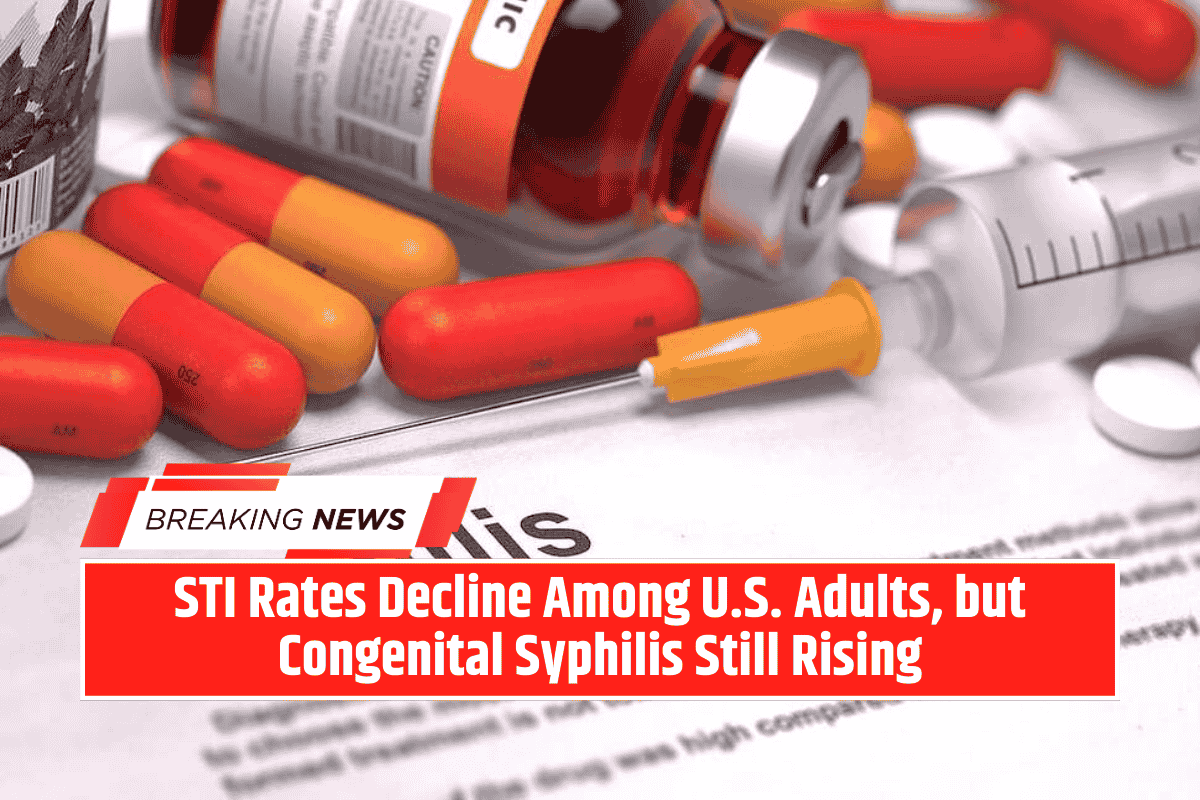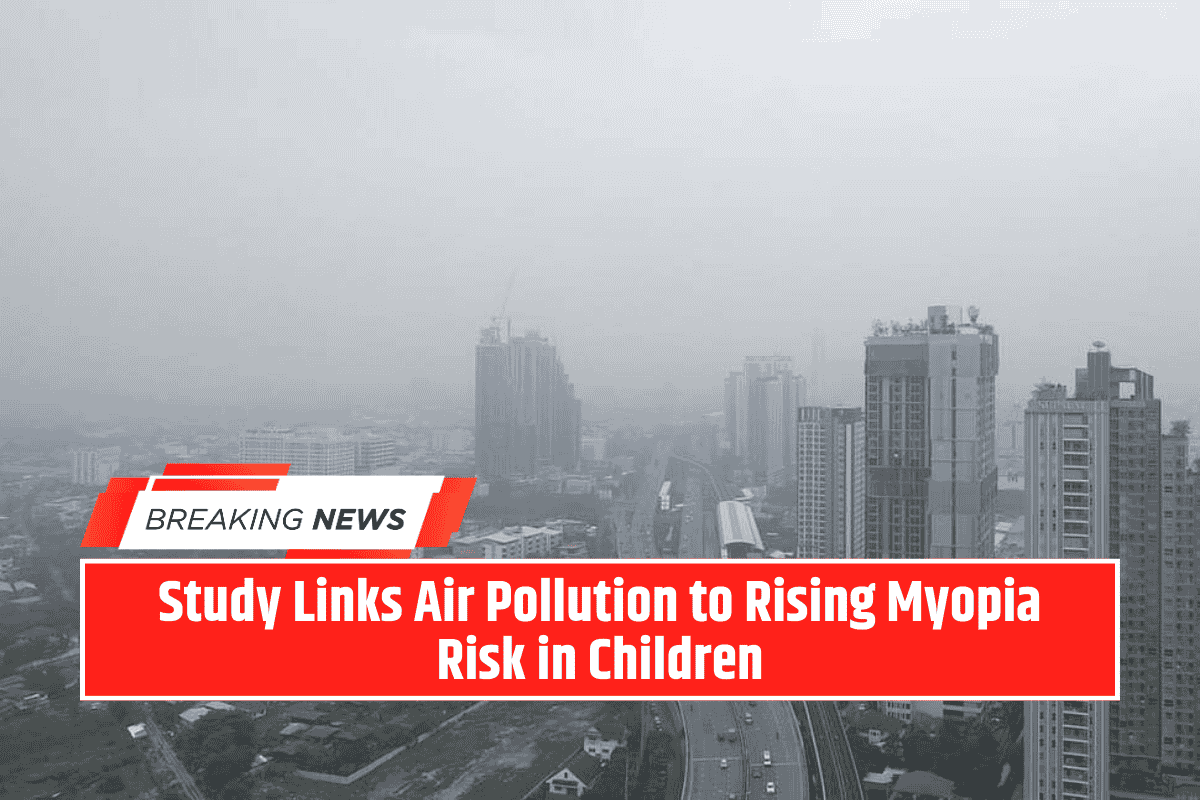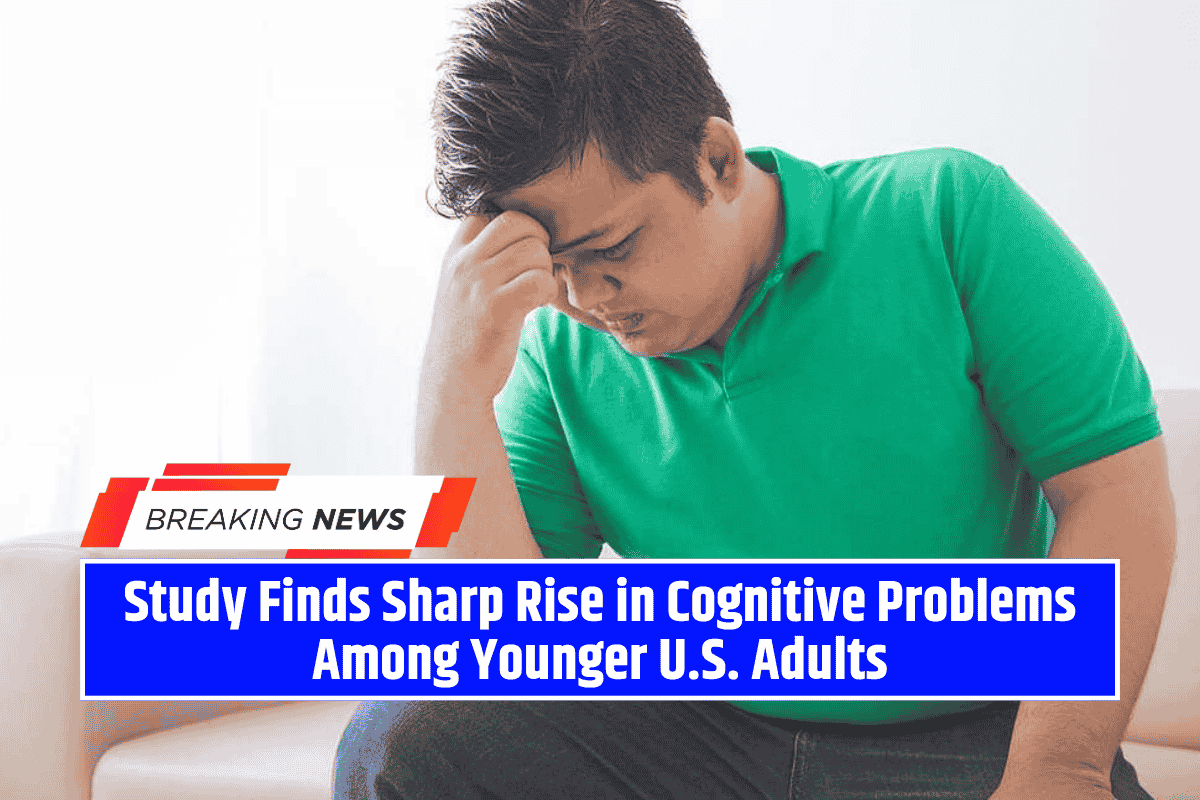A major shift is underway in how the U.S. government advises on vaccines. Health Secretary Robert F. Kennedy Jr.’s newly formed vaccine advisory committee is meeting this week in Atlanta to review recommendations on key childhood vaccines — COVID-19, hepatitis B, and chickenpox (MMRV).
While the exact voting topics are still unclear, experts are watching closely as the decisions could impact millions of families, especially those relying on government support for vaccinations.
COVID-19 Vaccine: Uncertainty Ahead for Kids
The COVID-19 vaccine situation has become more confusing for families. Normally, the vaccine advisory committee, known as ACIP, would vote in June to update recommendations for COVID and flu shots. This year, while the flu shot was recommended, there was silence on COVID-19 shots.
Earlier, Kennedy removed COVID-19 vaccines from CDC guidance for healthy children and pregnant women — a move that was strongly criticized by doctors and health organizations. Though the CDC later said kids could still get the new COVID-19 shots with their doctor’s advice, this left families unsure.
One big concern is whether the Vaccines for Children (VFC) program, which covers vaccines for low-income families, will continue to pay for COVID-19 shots. If not, millions of children could lose access, especially since the FDA has now limited COVID-19 shots for healthy younger people.
Pediatricians are urging continued access for all children aged 6 months to 2 years, pointing out that vaccines protect against serious illness during flu and COVID seasons.
Hepatitis B Vaccine: Reconsidering a Proven Strategy
Hepatitis B is a serious liver infection that spreads through blood, sex, or from an infected mother to her baby during birth. Since 2005, the U.S. has recommended giving newborns their first hepatitis B shot within 24 hours of birth. This has helped reduce chronic infections in infants.
Even though there’s no new evidence showing risks with this vaccine, Kennedy’s committee wants to revisit the recommendation. Experts worry this could lead to missed cases, especially since earlier systems of only testing pregnant mothers failed to catch many infections.
Doctors argue that the current system works well and changing it now could lead to a rise in preventable liver infections among children.
MMRV (Chickenpox) Vaccine: Is Change Needed?
Chickenpox may seem like a harmless childhood illness, but it can lead to serious complications like brain swelling or pneumonia. Since the chickenpox vaccine became available in 1995, cases have dropped significantly.
A combination vaccine — MMRV (measles, mumps, rubella, and varicella) — was introduced in 2005. However, some kids had more side effects like rashes or fevers, especially with the first dose. So in 2009, doctors were given the option to use either the combo or separate shots.
Currently, most doctors use separate shots for the first dose and the combo for the second. There’s no new research suggesting harm from the combo vaccine, yet the new ACIP seems eager to revisit this as well.
Doctors believe this questioning is not based on science but is part of a broader effort to make parents doubt vaccines.
Concerns Over Committee Members’ Backgrounds
The makeup of the new vaccine advisory committee has also raised eyebrows. Kennedy dismissed the previous 17-member team and brought in new members, including some with anti-vaccine views. Among the new additions:
- A cardiologist who linked teen heart issues to vaccines.
- A researcher who questioned the seriousness of COVID-19 during the pandemic.
- A pharmacist, an OB-GYN, and a liver transplant specialist with varied vaccine stances.
Public health experts are worried that this team may steer vaccine guidance away from science and evidence, and instead promote doubts among parents.
What’s at Stake for Families?
The biggest risk is confusion and reduced vaccine access, especially for families who rely on government support. If COVID-19 shots are not recommended or not covered, many kids may go unprotected.
Revisiting long-standing recommendations on hepatitis B and MMRV could also shake public confidence in routine childhood vaccinations.
Doctors and health officials are urging the public to trust in science-based guidance and continue following recommendations from their healthcare providers.
